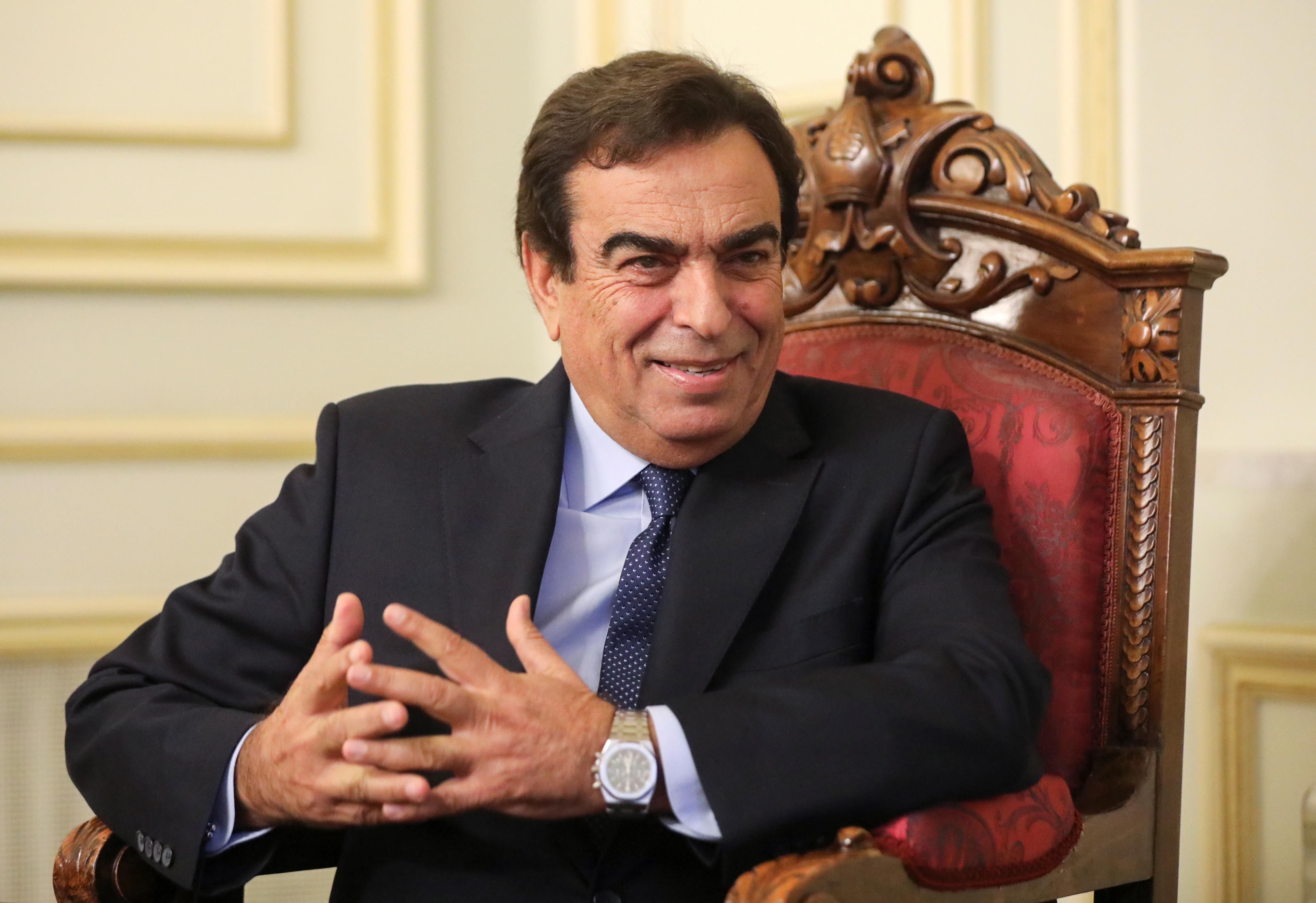Gulf states lash out at Lebanon. Cash-strapped Lebanon is grappling with yet another crisis after Saudi Arabia expelled its ambassador, a move promptly followed by the UAE, Bahrain, and Kuwait in solidarity with Riyadh. The trigger? A Lebanese minister had previously criticized the Saudis' involvement in the ongoing war in Yemen, suggesting that the coalition led by Riyadh was the aggressor in a conflict with the Iran-backed Houthi rebels. Indeed, this latest episode reveals that Lebanon — which has long been plagued by sectarian tensions — yet again finds itself in the crosshairs of the Iran-Saudi rivalry. (Saudi Arabia ceased giving aid to Beirut since the-Iran backed Hezbollah movement has gained increasing influence in Lebanese political and social life.) But since billionaire tycoon Najib Mikati was appointed Lebanon's PM in September, the US and France have been lobbying the Saudis to soften their hardline approach to Lebanon, which the Gulf views as an Iranian client state, and reinstate aid to the crisis-ridden country, where three-quarters of the population now live below the poverty line. The latest episode shows that despite speculation of a détente between Tehran and Riyadh, deep animosity persists.
More from GZERO Media
The Americans are coming, and Greenland’s Prime Minister Mute B. Egede is not happy about it. Egede lashed out at the Trump administration for planning visits to the island nation late this week by Second Lady Usha Vance and her son to see a dogsled race, and by National Security AdvisorMike Waltz and Energy Secretary Chris Wright to tour a US military base.
Israel stepped up its attacks against Hamas in Gaza and Hezbollah in Lebanon this weekend. Domestically, Prime Minister Benjamin Netanyahu has sacked his security chief – though that's been put on hold by the Supreme Court – and is trying to remove the attorney general.
Ukrainian negotiators met with US officials in Saudi Arabia Sunday, but a full ceasefire in the region remains elusive. The “technical” discussions focused on a maritime ceasefire to allow shipments of grain and materials through the Black Sea, with the Russian delegation having separate discussions about the same “low-level” issues with US officials on Monday.
The Sudanese Armed Forces recaptured key buildings in Khartoum on Friday, including the presidential palace, from the rebel Rapid Support Forces, or RSF, in the latest chapter of the country’s two-year civil war. But while Sudan’s government makes gains, the coalition government in South Sudan has been destabilized following last week’s collapse of a peace deal between the main parties of President Salva Kiir and Vice President Riek Machar.
The arrest and detention on Sunday of Istanbul Mayor Ekrem İmamoğlu on corruption charges ignited widespread mass protests across Turkey, with hundreds of thousands taking to the streets in cities including Istanbul, Ankara, and İzmir, despite a four-day ban on public gatherings. Over 300 people have been arrested, and the government demanded that X suspend the accounts of protest organizers.
Pope Francis greets the crowd during a short appearance at Gemelli hospital, in Rome, on Sunday, March 23, 2025.
Listen: Investors and business leaders alike are starting to realize they may have gotten Trump 2.0 wrong. It turns out President Trump actually meant what he said.
President Trump's volatile economic policies are roiling markets and scaring investors. Does he care? Ian Bremmer explains.
President Donald Trump talks to the media next to Tesla CEO Elon Musk, with a Tesla car in the background, at the White House on March 11, 2025.
Elon Musk may have a big day ahead. On Friday, according to the New York Times, he’ll be made privy to war plans for a US military conflict with China. But President Donald Trump has denied that Musk will be briefed on China during his visit.
Stranded passengers at Heathrow Terminal 5 in London on Friday, March 21, 2025.
